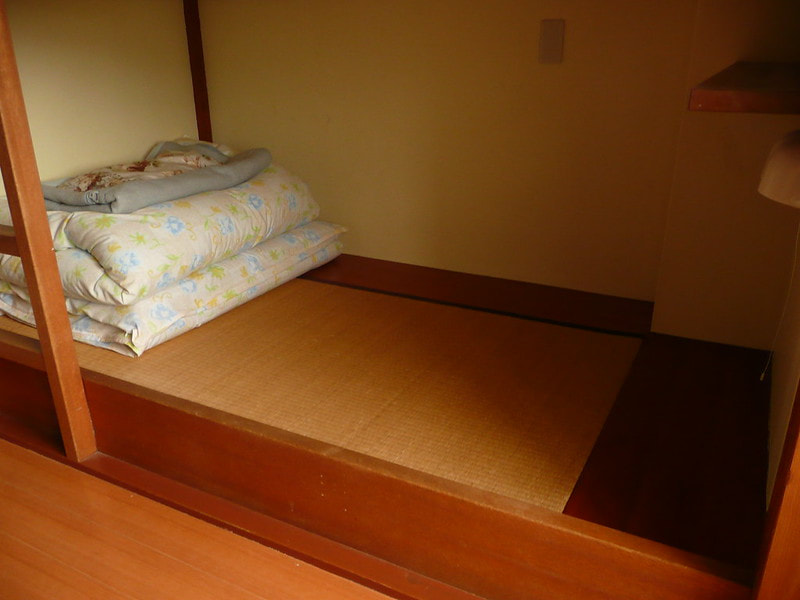|
The harvest feast shared between the Plymouth colonists and the Wampanoag Native Americans in 1621 may have been one of the first Thanksgiving celebrations in our country. The second Thanksgiving celebration occurred in 1623 at the end of a season of drought. It started with a religious fast called for because the drought had been so long. It was during the Civil War, in 1863, that President Abraham Lincoln proclaimed that the United States should celebrate an annual Thanksgiving in November. Lincoln entreated all Americans to ask God to "commend to His tender care all those who have become widows, orphans, mourners, or sufferers in the lamentable civil strife" and to "heal the wounds of the nation."
As we sat at our Thanksgiving tables this year, I wonder how many of us remembered to ask God to care for the mourners and sufferers and to heal the wounds of our nation. What we have lived through in the year 2020 has brought much suffering and loss. We certainly do need to lift to the Lord our fellow men and women for God's tender mercies to be poured upon them. Between the plagues, election intrigues, economic instability, and the necessity for people to quarantine from one another, the stress is over the top. Let us remember that one of the best ways to deal with stress is to give God thanks! There is always something that we can give thanks for. The Old and New Testaments are filled with admonitions to give thanks. "Give thanks to the Lord, for He is good; His love endures forever." (1 Chronicles 16:34) "I will give thanks to You, Lord, with all my heart; I will tell of all your wonderful deeds." (Psalm 9:1) "Thanks be to God for His indescribable gift." (2 Corinthians 9:15) "And in the midst of everything be always giving thanks, for this is God's perfect plan for you in Christ Jesus. (1 Thessalonians 5:18 - TPT) When we give thanks to the Lord, we activate His action. I recently listened to Chuck Pierce of Glory of Zion International speak on what happens when we come before the Lord with grateful hearts. Let's look at 2 Kings 4:8-37. Here is the story of a well-to-do woman from Shunem. (Shunem means two resting places.) The woman invited Elisha to stay at her home for a meal. Realizing what a blessing Elisha was, the woman and her elderly husband decided that they would build a small room on their roof for Elisha with a bed, table, chair, and lamp. This was the woman's way of honoring Elisha and thanking God for his presence. Elisha desired to show the Shunammite woman his gratitude and prophesied that she would have a son the following year. This happened just as it was said. The boy grew until one day he experienced an awful headache and died. His mother carried him up to the prophets room and "laid him on the bed of the man of God, then shut the door and went out." (Verse 21) She saddled a donkey and rode him to Mount Carmel (fruitful field) to talk with the man of God. Elisha returned to Shunem and found the boy "lying dead" on his bed. Twice Elisha stretched out on top of the boy laying "mouth to mouth, eyes to eyes, and hands to hands." (Verse 34) The boy awoke and was returned to his mother. In her acts of kindness, the Shunammite woman not only prepared a place for Elisha to rest but also "prepared the way for the Lord." Elisha's bed was built because the woman had a heart of gratitude. She wanted to bless the man of God. Chuck Pierce tells us that we must be like her in preparing a bed of thankfulness to the Lord. Not only will this bed glorify the Lord, but it also gives us a place to lay all our distress. Lay all your distresses on your bed of thankfulness and watch as the Lord breathes life back into them. The prophet Ezekiel watched as the Lord brought new life into the dry bones of Israel. God told Ezekiel, "...I will put breath in you, and you will come to life, then you will know that I am the Lord.” (Ezekiel 37:6) It is time for us to prepare our beds of thankfulness. Let's join the Psalmist in declaring, "You turn my wailing into dancing; you removed my sackcloth and clothed me with joy, that my heart may sing to you and not be silent. O Lord my God, I will give you thanks forever." (Psalm 30:11-12) |
Joan E. MathiasCategories
All
Archives
July 2024
|

 RSS Feed
RSS Feed